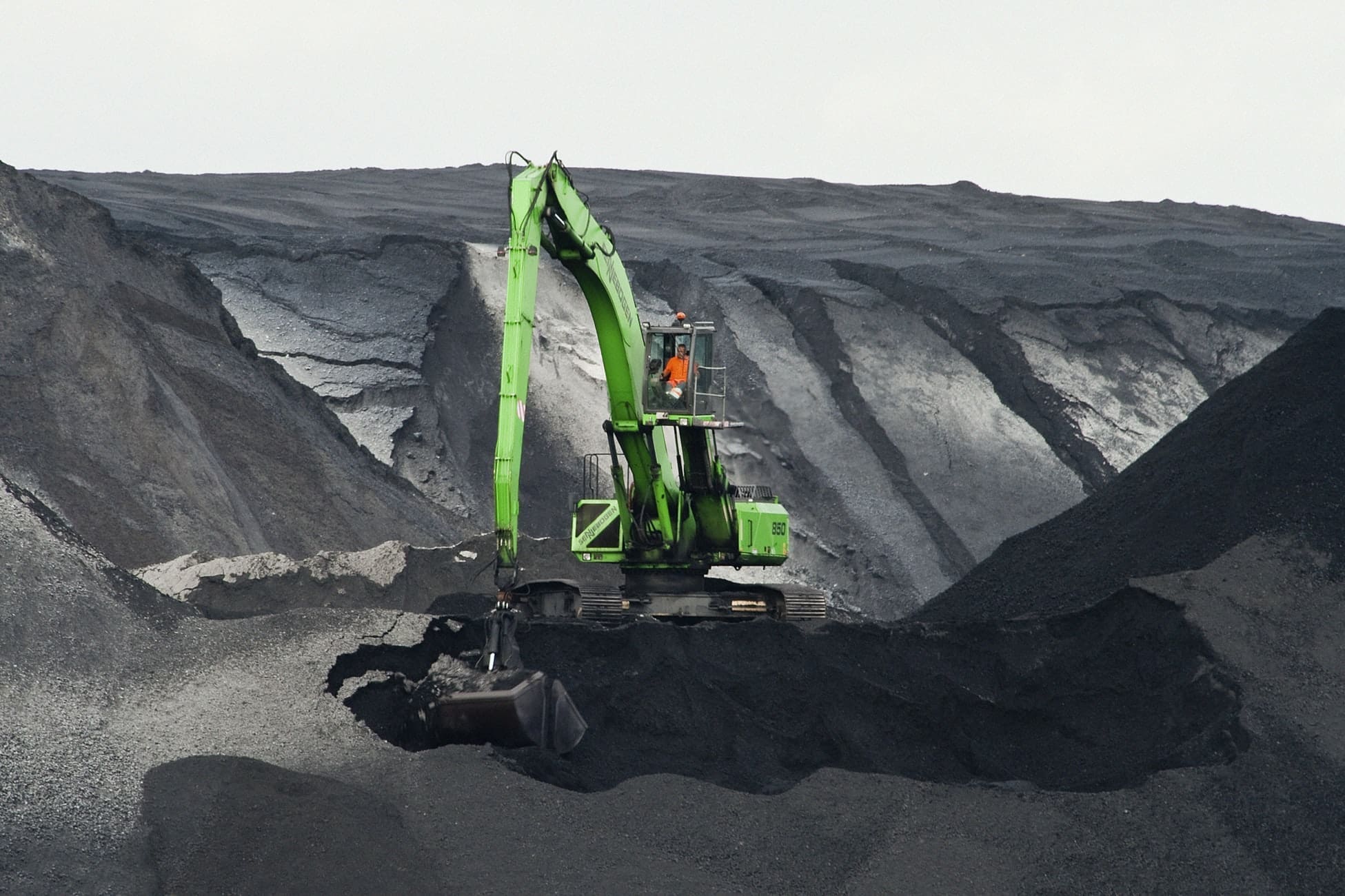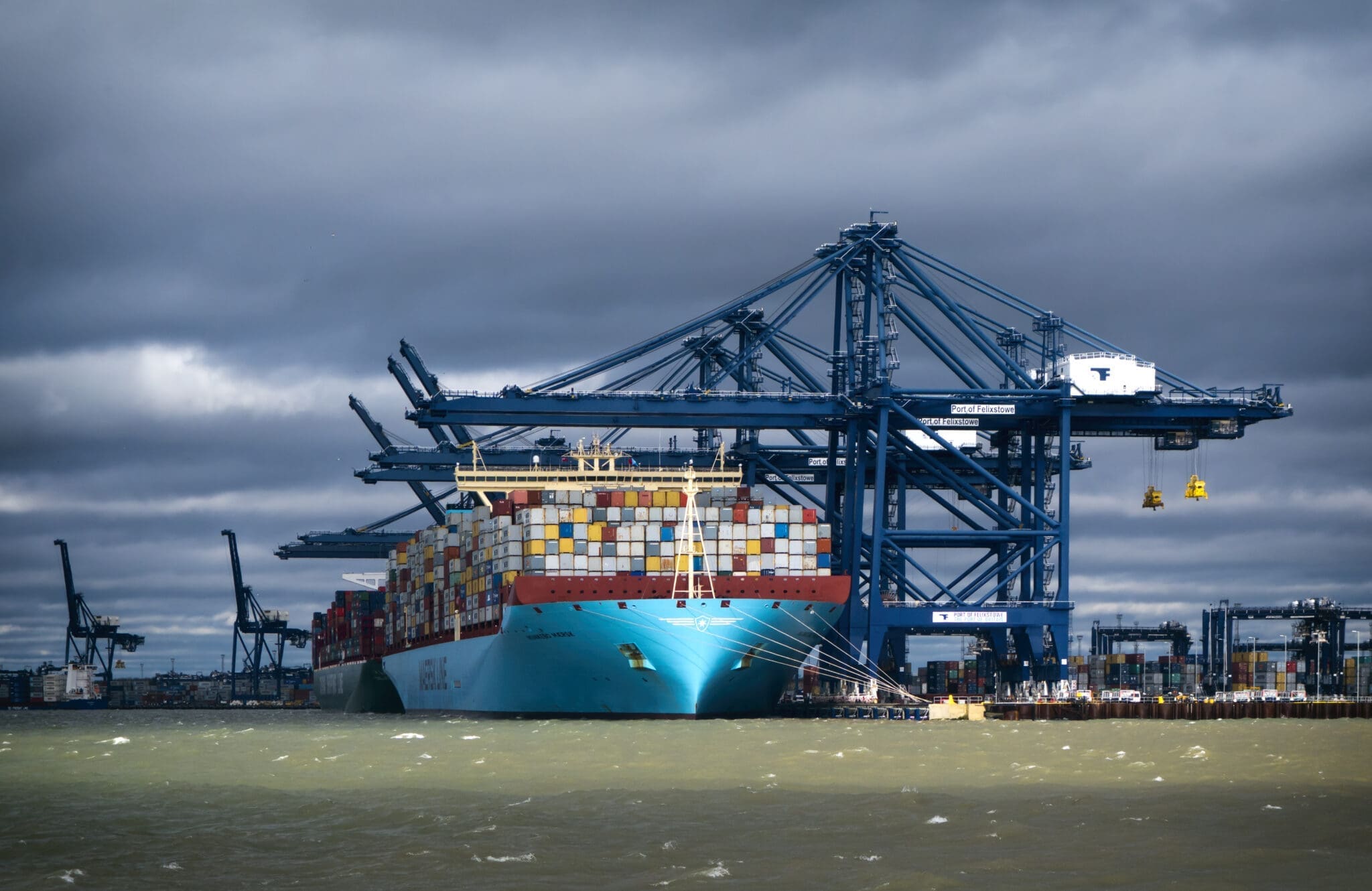Mining is The Cornerstone of the Canadian Economy
Mining plays an important role in the global supply chain by providing essential metals and minerals. As the world increasingly focuses on sustainable development, Environmental, Social, and Governance (ESG) practices have become essential in shaping the future of mining. ESG considerations are transforming the industry by driving transparency, accountability, and sustainable growth. This article explores how ESG is influencing Canadian mining and its implications for the industry’s future.
Environmental Stewardship
1.Sustainable Resource Management
Canadian mining companies are adopting advanced technologies to optimise resource use and minimise waste. This is to balance the significant environmental impact within the industry. This includes water recycling, energy-efficient processes, and reducing greenhouse gas emissions. The Mining Association of Canada, reports that mining companies are increasingly including habitat restoration and conservation projects in their operations to protect local ecosystems.
A recent EY report states that over 50% of mining companies view water stewardship as a top risk, attracting significant attention from investors. This focus on water management is critical given the strict environmental standards in Canada on a regional and federal level. This includes MMER, CEPA and local provincial standards within British Columbia, Ontario and Quebec.
2. Climate Action
The mining industry is essential in the transition to a low-carbon economy by supplying minerals needed for renewable energy technologies. Accenture found that seven out of the top ten metals and mining companies plan to reach net zero emissions by 2050. This includes emissions from their own operations and purchased energy. Some companies may achieve this goal even sooner.
Many mining operations are incorporating renewable energy sources, such as solar and wind power, to reduce their carbon footprint. The switch to renewable energy helps in reducing greenhouse gas emissions and also aligns with international climate goals. During PDAC 2024, mining companies showcased their commitment to vehicle electrification, which not only drives emission reduction but improves health and safety of miners.

Social Responsibility
1. Community Engagement
Mining companies are working together with local communities, including Indigenous groups. They are ensuring that the impact of mining on indigenous communities is limited. Projects help with local development and respect cultural heritage. This includes creating jobs, developing infrastructure, and ensuring that communities have a voice in decision-making processes.
By providing employment opportunities and skills training, the mining sector is supporting community growth and development. Programs focused on training Indigenous workers and integrating them into the workforce are becoming more prevalent. For example the Vale’s Indigenous Training Program
2. Human Rights
Canadian mining companies are increasingly ensuring their supply chains are free from human rights abuses such as forced and child labour. The Fighting Forced Labour and Child Labour in Supply Chains Act requires [EH2] Canadian companies to report on measures taken to prevent forced labour in their supply chains, emphasizing transparency and accountability.
Improved safety protocols and health initiatives are critical to protecting workers in the mining industry. The Mining Association of Canada’s Towards Sustainable Mining program emphasizes health and safety as a core component of its ESG framework
Governance
1. Transparency and Accountability
Companies are adopting ESG reporting standards, such as the Global Reporting Initiative (GRI), Sustainability Accounting Standards Board (SASB), and The Fighting Forced Labour and Child Labour in Supply Chains Act, to increase transparency and build stakeholder trust. According to a report by EY, ESG remains the biggest risk for miners, as well as their biggest opportunity to drive differentiation and create long-term value.
Strong governance frameworks are in place to prevent corruption and ensure ethical conduct throughout the mining process. This includes compliance with international anti-corruption laws and maintaining high standards of corporate governance
2. Regulatory Compliance

Compliance with both national and international regulations is essential for mining operations. Companies will be bound not only by local laws, but also by the laws of the countries in which they operate. Many Canadian mining companies are proactive in meeting regulatory requirements related to environmental protection and social responsibility. For example Teck Resources’ Elk Valley Water Quality Plan.
Beyond compliance, many companies are adopting voluntary standards and certifications, such as the Responsible Mining Initiative and the Initiative for Responsible Mining Assurance (IRMA).
Future Outlook
1. Technological Innovation
The integration of digital technologies is enhancing operational efficiency and ESG performance in mining. These technologies enable better monitoring, predictive maintenance, and efficient resource management. Accenture’s report shows that 72% of mining and metals CEOs think sustainability issues, including carbon reduction, as very important to the future success of their businesses.
Innovation in mining techniques and practices will continue to drive sustainability and reduce environmental impact. For example, the use of dry tailings and other waste management technologies is becoming more common.
2.Investor Expectations
Investors are increasingly prioritising companies with strong ESG credentials. This is driving mining companies to enhance their ESG performance to attract capital. This trend is reflected in the growing number of ESG-focused funds and investor pressure for better ESG disclosures.
A focus on ESG helps companies mitigate risks, improve operational efficiency, and build long-term value. Companies that integrate ESG into their core strategies and entire supply chains will be better positioned to weather economic and regulatory changes
Supporting ESG Transition
The role of ESG in shaping the future of Canadian mining is significant. By adopting sustainable practices, supporting communities, ensuring ethical governance, and using new technologies, Canadian mining can lead in the global move to a sustainable future.
ESG is not just a regulatory requirement; it is a strategic imperative that ensures resilience, competitiveness, and long-term success in the mining sector
Achilles provides comprehensive supply chain insights and rigorous analysis to help mining companies identify and mitigate risks associated with ESG factors.
Our services help mining companies enhance their ESG performance, attract sustainable investment, and build long-term value. ensuring a resilient and efficient supply chain.
Contact us today to support your ESG transition





